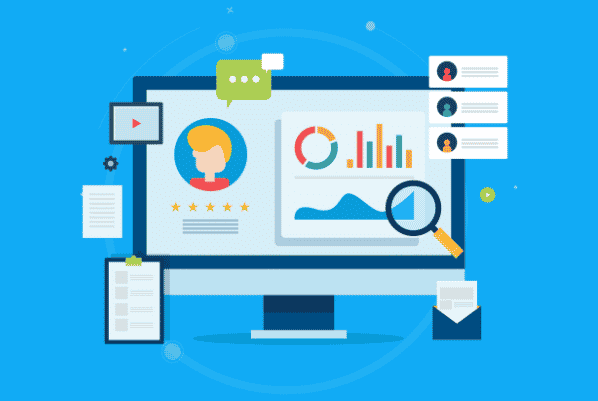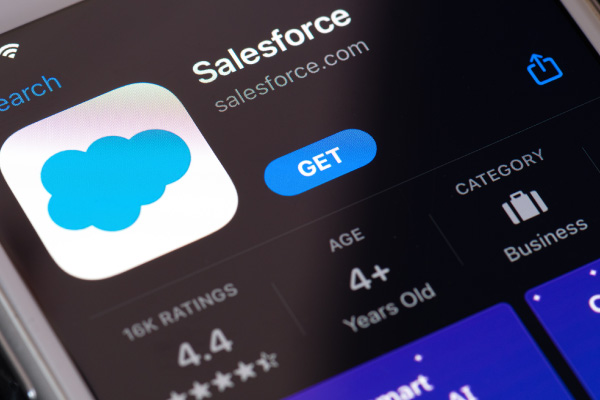ARTICLE | 5 MIN READ
What Is CRM Software?
Learn about Customer Relationship Management software and its role in your business.

The acronym “CRM” stands for Customer Relationship Management, which is software built to manage sales, marketing, and customer service processes, including your relationships with potential and existing customers.
CRM software solutions are available as cloud-based SaaS (Software as a Service) or on-premise systems. Salesforce, Microsoft Dynamics 365 CRM, HubSpot, Oracle NetSuite, SAP, and SugarCRM are popular CRM solutions.
What Does a CRM Do?
CRM software provides a centralized database for all your customer data to boost efficiency, increase revenue, and improve profitability. Sales, marketing, and customer service teams can access accurate, up-to-the-minute information from one place. Standard CRM functions include:
- Tracking sales leads and customer interactions
- Managing customer records through one central database
- Streamlining the sales pipeline
- Forecasting
- Automating routine tasks
- Reporting data and displaying information via dashboards
CRM software often comes with basic marketing automation functionality, like capturing website inquiries directly in the system and running leads through marketing nurture programs. Most solutions, including Salesforce and Microsoft Dynamics 365, can synchronize with various marketing automation programs for more enhanced capabilities. However, software like HubSpot Marketing Hub combines the power of marketing automation with the broad functionality of a CRM.
A CRM system can also be linked (or integrated) to your company’s other systems, such as your operational software and accounting system.
What Are the Benefits of Using a CRM?
CRM software helps you manage customer experience and access up-to-the-minute customer data. Working from the same information, your sales, marketing, and customer service teams can coordinate efforts, monitor engagement through all the sales cycle stages, maintain accurate customer records, and ensure no opportunity falls through the cracks.
CRM also offers analytics to help you assess what strategies are working and what areas need improvement. Some platforms provide user-friendly dashboards that give an overview of essential customer data.
In most cases, CRM software is flexible enough to be extended or customized to meet your needs. For example, you can extend CRM to manage operations, like field service or project management. You can also add third-party products to your CRM system.
What Can CRM Software Do for My Company?
Is a CRM a Good Fit for My Business?
Organizations of any size can invest in a CRM, regardless of industry or business type. If you are considering a CRM solution, it is essential to find the solution that is the best fit for your needs.
Purchasing the software is just the beginning; finding a reliable partner is even more critical. You want to work with someone who will guide you in implementing and using the software and continue to support your needs in the future.
If you’re ready to begin comparing CRM solutions like Microsoft Dynamics 365 CRM, Salesforce, and HubSpot Marketing Hub, start with these considerations:
- What processes does it need to address?
- What level of scalability does your company need the solution to have?
- Can it be customized to meet your company’s needs?
- Is it specific to your industry, or can it easily be customized for your industry?
- What systems need to integrate with it?
- Does it have a large app store so you can easily add functionality when needed?
- Are you more comfortable with an on-premise or cloud-based solution?
- What price point and payment schedule will fit your budget?
- What characteristics do you want in a software implementation partner?


